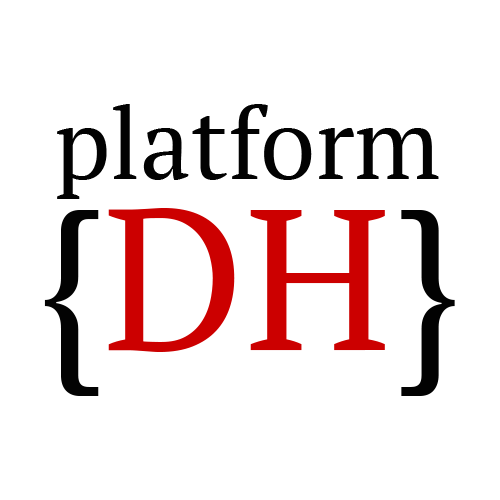Workshop: The Computational Scrawl
Mundaneum rue de Nimy 76, Mons, BelgiumThis two-part workshop examines the physical gesture and material artifacts of the act of writing, as seen through the lens of computation and digital media. Taking contemporary and historical practices in asemic poetry, experimental typography and automatic writing as inspiration, participants will use the Python programming language to prototype speculative writing technologies that challenge conventional reading practices and notions of sense-making.







